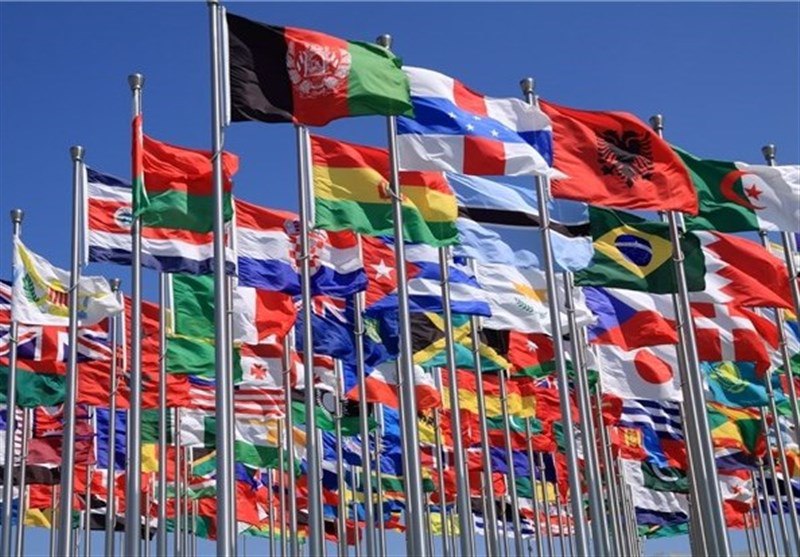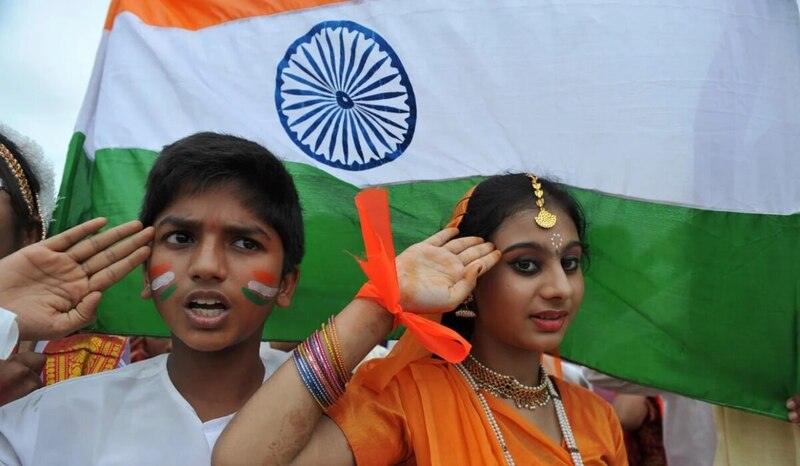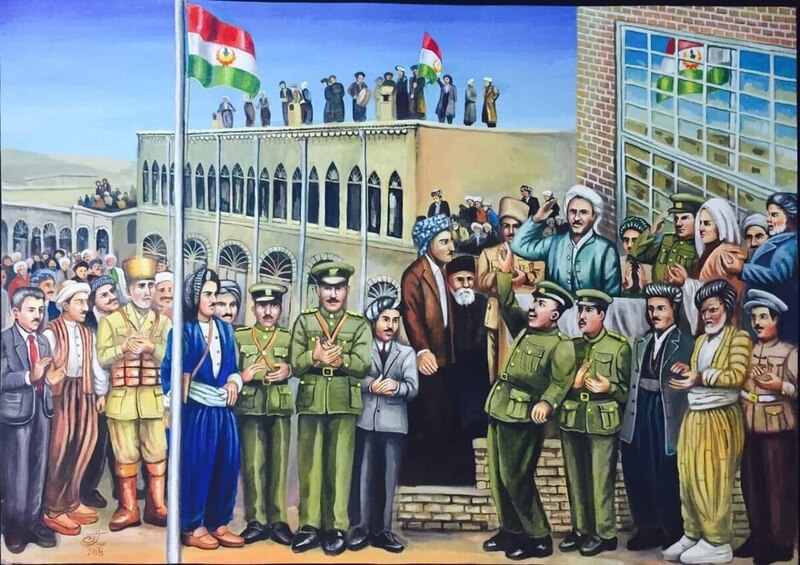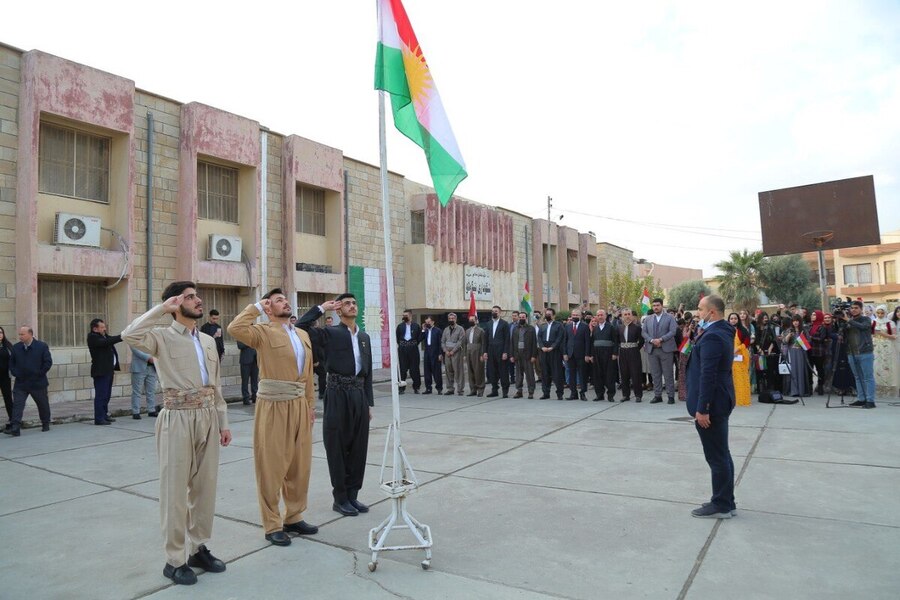Homeland, country, center, resistance, hope, freedom, peace, glory, courage, pride, greatness, etc., or equivalent concepts of these words, are among the words that often and seriously appear in national anthems.
National Anthem
A national anthem is a piece of music or anthem set by states as the country's official national anthem.
Today, in the world, every country has its own national anthem. National anthems are tunes or music that are played or sung in specific situations in countries. These anthems are patriotic songs played in honor of the passions and intimacy of each country. These songs are read for the movement of patriotic feelings.
The flag and the national anthem of any country represent the national identity of that country. The flags with their colors and patterns and the national anthem with its meaning, concept, and music speak of the identity of a nation.

Characteristics of National Anthems
In the national anthem of each country, the identity of each country is prominent, which symbolizes the aspirations and goals of the people of that country, aspirations and goals such as freedom, unity, and independence of the people of that country. For instance, this unity is expressed in the German national anthem: "Germany, Germany above all, above all in the world that always stands united brotherly in times of resistance and protection."
The national anthem of any country refers to the existence of the people, the ideology of the country's political system, history, glory, or victories, and the defeat of enemies. For example, China's national anthem speaks so seriously about not being afraid of China's enemies: "Thousands of thousands of our hearts beat like one heart, do not be afraid of enemy's fire, go forward, do not be afraid of enemy's fire, go forward, go forward, and go forward."
Homeland, country, center, resistance, hope, freedom, peace, glory, courage, pride, greatness, etc., or equivalent concepts of these words, are among the words that often and seriously appear in national anthems. For example, such freedom is reflected in Brazil's national anthem: "The realization of this equality that we have achieved with our strength is in your arms, Oh freedom, our chests stand against death."
Also, parts of some of the national anthems emphasize unity, solidarity, and unity among the people. In Venezuela's national anthem, for example, the unity of the people crosses geographical boundaries: "Unified by a chain that became a chain in the skies, the continent of America is like one nation."
Some national anthems, especially those of countries with a long history of revolution or struggle for independence, contain devotional passages intended to strengthen unity and maintain the courage of struggle. For example, the Armenian national anthem clearly states: "Our country, free and independent, which has been alive for hundreds of years, is now inviting its youth to a free and independent Armenia."
In different parts of the national anthems, we see and hear the various types of audiences. In most of these sections, these voices are intended to declare loyalty to the country or the leader, and sometimes people are the audience. Also, in some anthems, prayers are said for the country and people and they wish the best for their country. For example, in part of South Korea's national anthem, they emphasize their loyalty to the country: "With this will and thought, in suffering and joy, come to offer all our loyalty to the love of the country."

Kurdistan National Anthem
Meanwhile, we Kurds, as a nation whose territory has been occupied and although we do not yet have our own independent country, have our own national anthem and flag, which the enemies have always feared.
The national anthem "Ay Raqib" became the national anthem of Kurdistan during the Kurdistan Republic in Mahabad and is still the national anthem of Kurds in all four parts of Kurdistan.
The anthem "Ay Raqib Her Mawa Qawmi Kurd Zman" was composed by Younes Rauf, known as Dildar, in response to chauvinism and the oppression that was done to the Kurds in 1940. This anthem talks about the struggle and resistance of the Kurds, so it became a national anthem.
It was promoted and fixed in the minds of the Kurdish nation during the two famous and immortal Kurdish leaders, Peshawa Qazi Mohammed during the Kurdistan Republic in the east and later Mullah Mustafa Barzani during the September Revolution. This anthem has become an integral part of Kurdish history and today it has become an official anthem in the Kurdistan Region.
The essence of “Ay Raqib” is the flag, the country, and the Kurds. These three concepts refer to nationalism and patriotism. The flag, country, and Kurds form the three main pillars of this anthem. In the current situation in Kurdistan and the region, the Kurdistan flag and national anthem are a symbol in Kurdistan that plays the role of organizing a nation in a country.










